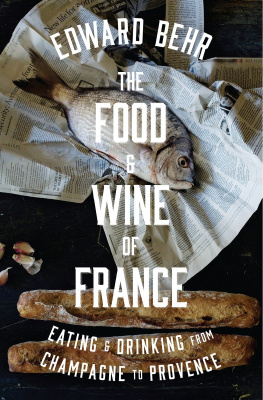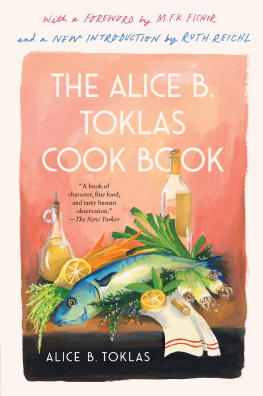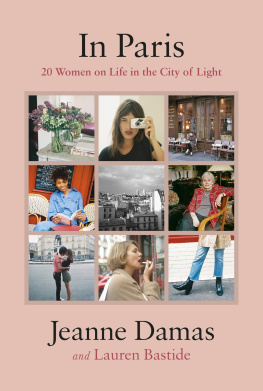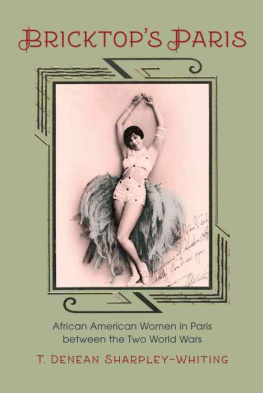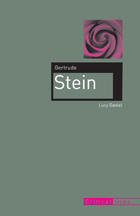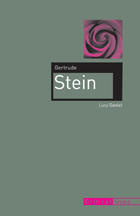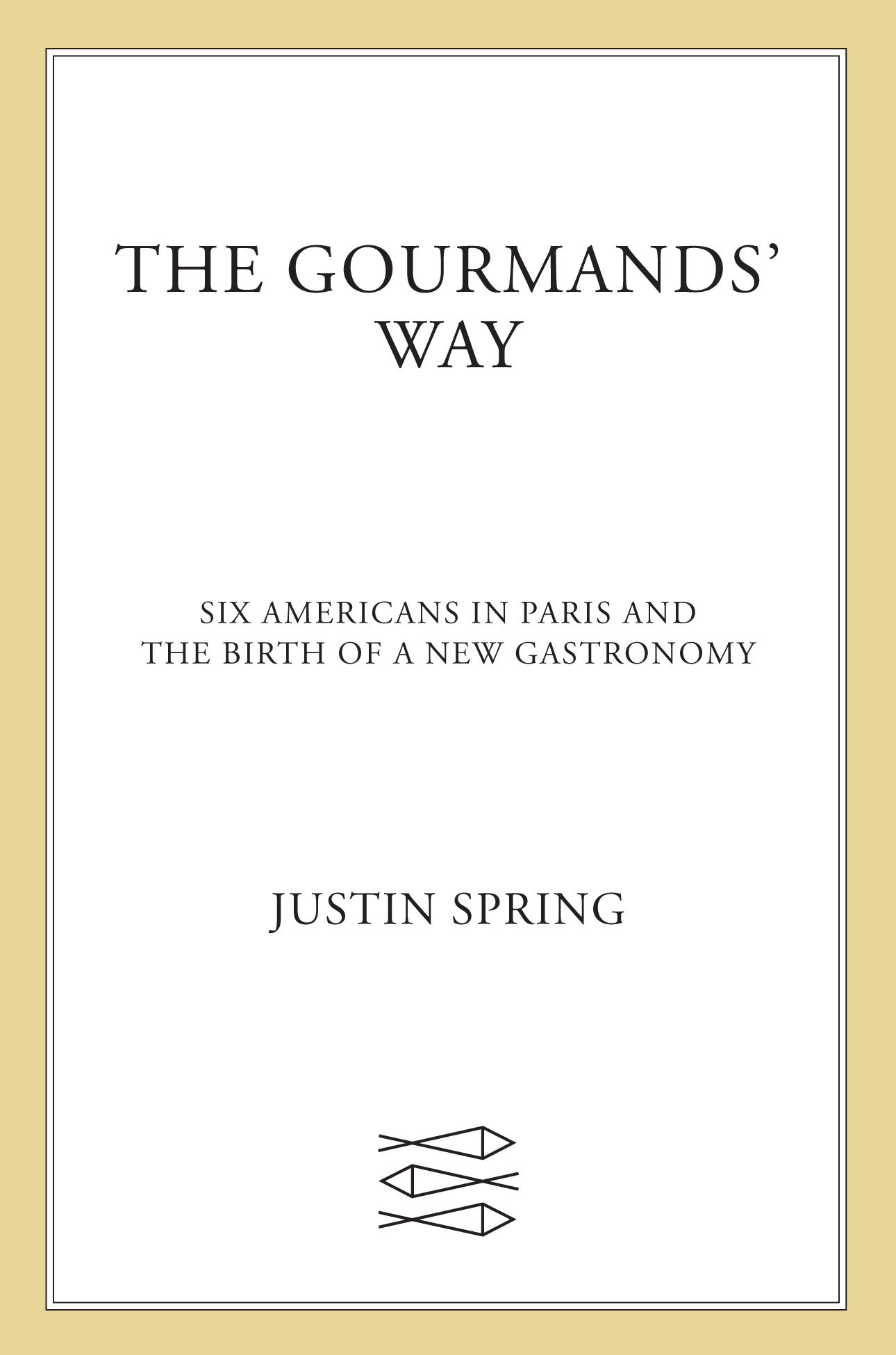Contents
Guide
Pagebreaks of the print version
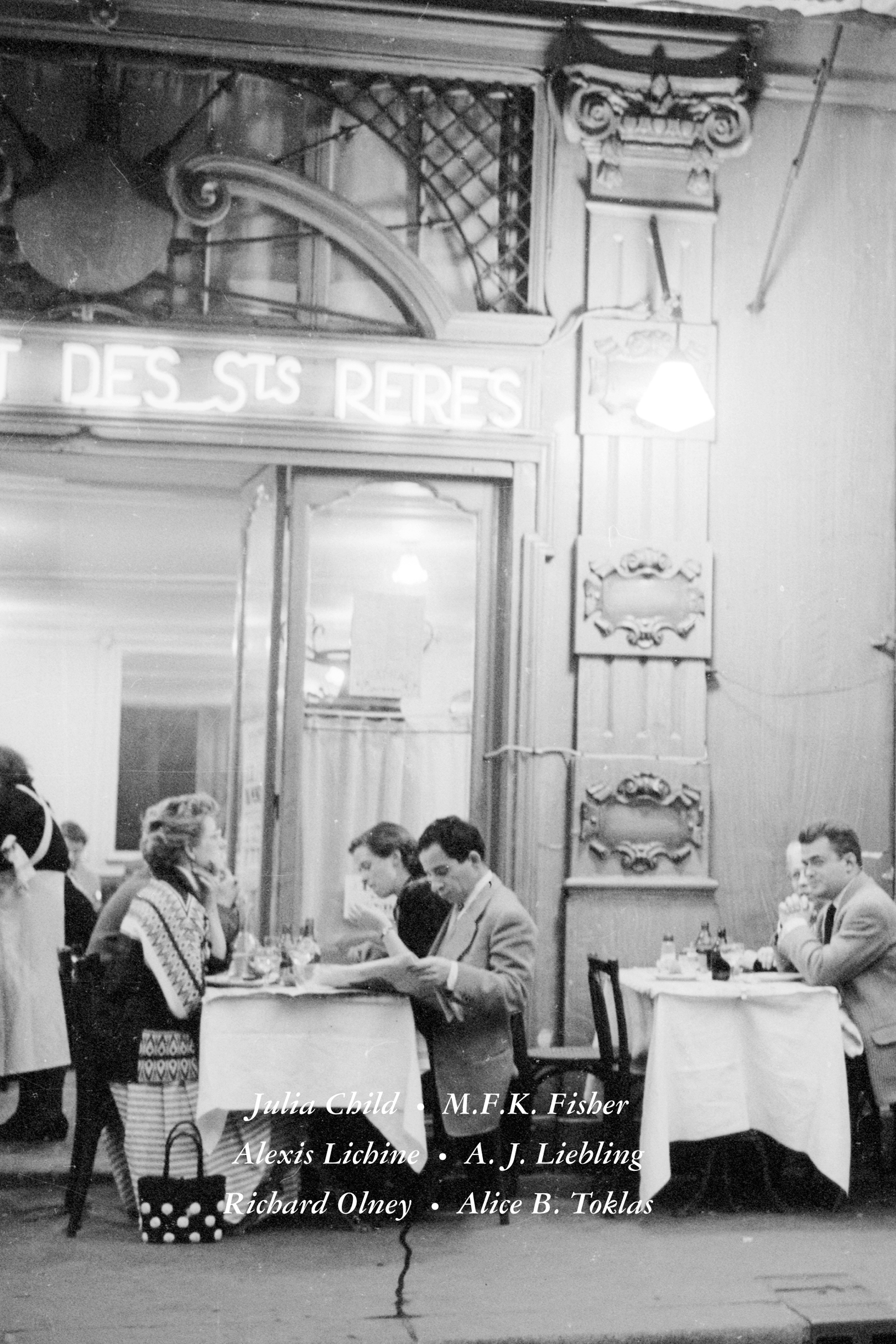

The author and publisher have provided this e-book to you for your personal use only. You may not make this e-book publicly available in any way. Copyright infringement is against the law. If you believe the copy of this e-book you are reading infringes on the authors copyright, please notify the publisher at: us.macmillanusa.com/piracy.
For
A.D.K.
twenty-five years of adventure, at home and abroad
Every man has two countriesFrance and his own.
John F. Kennedy, on his state visit to Paris, 1961
De toutes les passions, la seule vraiment respectable me parat tre la gourmandise.
Guy de Maupassant, Amoureux et Primeurs
The three women and three men in this book are a lively, sensual, fractious, and deeply opinionated group. They come from all walks of life and all levels of the socioeconomic spectrum, and include an artist, a homemaker, a businessman, a journalist, a novelist, and a woman of letters. Some of them were rich, and some were poor; some were happily married, while others had passionate affairs and multiple partners, and still others lived mostly alone. They are A. J. Liebling, the finest war correspondent, sportswriter, and man-on-the-street reporter of his generation; Alice Toklas, life partner of Gertrude Stein, who reinvented herself, at age seventy-five, as a cookbook author and memoirist; M.F.K. Fisher, a sensualist storyteller and fabulist; Julia Child, who evolved from a pleasure-loving newlywed to Americas greatest television food celebrity; Alexis Lichine, a wildly ambitious wine merchant and connoisseur; and Richard Olney, an expatriate artist who evolved (but only reluctantly) into a cookbook author and wine expert writing for both French and American readerships. My goal in this book is to describe some very specific moments and experiences that seem to me to have shaped their characters and careers, but in doing so I will also look at a particular historical period during which France and its cooking briefly captured the American popular imagination. Along the way I will observe how that American fascination with French food first bloomed; how profusely it flourished; and then how quickly it fadedall through the epicurean adventures of six hungry bons viveurs .
While this book is primarily about writers and their writing, it is also about Paris. Cherished by generations of Americans for its beauty, sensuality, and luxury, the French capital emerged from World War II relatively unscathed (at least compared with Europes other leading cities) and during the boom years that followed the war, it became once again a world center for fashion, philosophy, and the arts. More important to this book, it also renewed its reputation as the world capital of gastronomy. Understandably, many Americans who came to Paris during these years made fine dining a prime concern. In doing so, they benefited enormously from the strength of the postwar dollar and the virtual collapse of the European market for luxury food and drinkcircumstances that allowed them, for a brief while, to enjoy the worlds greatest wines and most celebrated cuisine at what today seem like rock-bottom prices.
In looking at the Parisian experiences of these six innovative writers, I hope to demonstrate how much of their excitement about food and wine came to them not only through adventurous eating and drinking, but also through French gastronomic literature (and, by association, through French literary culture)for while few Americans realize it, much of what these writers wrote came out of (or in some cases was appropriated from) writing on food and wine by the French. Up to now, few of their biographers have looked at the lively writing on food and wine taking place among the French during the period 1900 to 1975. But even as I juxtapose French and American food writings and food experiences of the past century, I intend to show how truly daring and innovative these six Americans actually were in what they wrotefor none of them was simply presenting readers with a translated account of French gastronomic literature. Rather, they were attempting to explain the nature of French culinary awareness through their own particular experiences, circumstances, backgrounds, and personal ambitions. And ultimately each did so in a way that was neither a part of the existing French tradition nor the evolving American. Rather, each took a new, more relaxed, and relatively informal approach to food awareness that suited the changing times in which they lived. This new sort of writing appealed strongly to readers back homewhere, thanks to changing social conditions, literate Americans were suddenly forging new, more thoughtful, and ultimately more intimate relationships with their kitchens.
For each of these writers, the key to their success as writers lay in presenting French food and wine through the simplifying lens of the self, and in doing so, offering American readers a new, easy-to-grasp way of acquainting themselves with French food and wine. They were, in that way, charismatic tour guides specifically for Americans who might otherwise have been overwhelmed by the complexity of French cuisine and French foodways. And thanks to their passion for their subject, these writers skillfully communicated the French preoccupation with food quality, food freshness, terroir , and seasonalityfour crucial French concepts that are today centrally important to the contemporary American understanding of eating and drinking well.
Although each of these six writer-adventurers wrote accounts of their experiences in France, their Parisian exploits are often only minimally or fragmentarily documented. But all arrived in Paris with a lively curiosity about what the French ate and drank, and all had experiences in Paris that shaped the course of their later lives. They had much in common, and often crossed paths: frequenting the same well-known Paris restaurants and cafs, admiring the same French writers and chefs, living in the same little neighborhoods, reading the same great books, enjoying the same great French foods and wines, and even taking the same road trips to celebrated wine regions and Michelin-starred restaurants.
More important, like the expatriate American writers, artists, and composers of the Lost Generation, they all came to Paris seeking a better way of living and being. And ultimately they were united in a common endeavor: the broadening of American cultural awareness about food appreciation, preparation, and enjoyment. During a moment in American history when food preparation was focused largely on convenience and economy, these writers found in France something entirely different: a sense of the importance (and pleasure!) of good food and wine to everyday life. They engaged, each in his or her own way, in a cross-cultural exchange of ideas about eating welland the knowledge they brought home has continued to inform American food awareness and food enjoyment ever since.
Each of these writers gave America a new way of thinking about food and wineand these very different ways of thinking all have their own validity and significance. Together they seem to me to have initiated an American cultural dialogue on food that has continued (in an equally fractious, contentious, cacophonous manner) up to the present daya gastronomic dialogue that involves not only cookbook authors, memoirists, and food journalists, but also restaurateurs and reformers, fabulists and home economists, hucksters and raconteurs and entrepreneurs too. Like a number of other contentious dialogues that evolved among Paris-based American expatriates of the 1950s and 1960sincluding dialogues about gender and racial equality, sexual freedom, political dissent, and the right to free speech and artistic expressionthe food-and-wine dialogue that was begun by these gourmands has helped establish a new way of thinking about eating well in the United States: one that was not about economy or convenience, but about pleasure, balance, restraint, and, ultimately, about well-being. The stories, guides, and information they presented so appetizingly to their readers may have been considered by their literary contemporaries as not much more than instruction manuals, diversion, and light entertainment. However, anyone who cares to look back in time can now clearly see that through these writers combined efforts, French gastronomical knowledge, wisdom, and excitement became part of American culture. Through them, the age-old French dialogue surrounding food, wine, and the table started to become an American dialogue as well.



